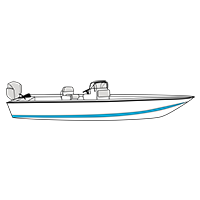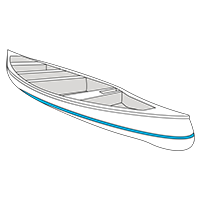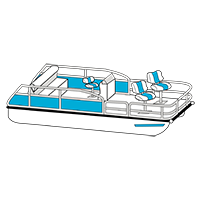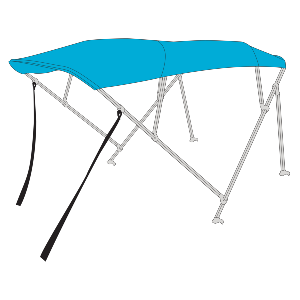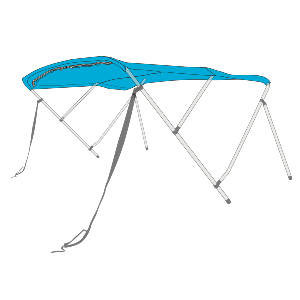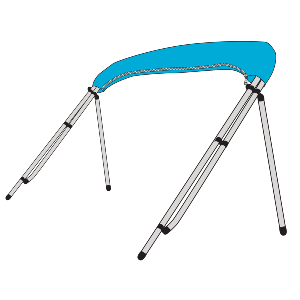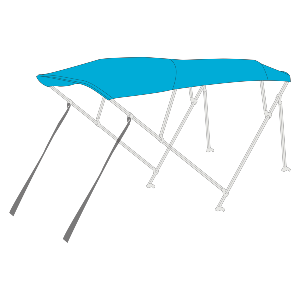
We Got You Covered: What's The Best Way to Cover Your RV?
With Summer coming to an end, and the Fall season upon us, it’s time to start thinking about the best way to take care of your Recreational Vehicle (RV) during the offseason. There are a ton of options out there, and really the only option you should never consider is to Not Cover your RV. Every option on this list provides some level of protection for your RV that is vital to making sure you are able to continue to enjoy your purchase as much as possible when the good weather returns in the Spring.
Best Ways To Cover Your RV
Unlike boats, there are not as many options available for covering your RV. This is primarily due to the size of the vehicle, as most boats and watercraft are much smaller than your typical RV. With that in mind, we will be laying out your options based on cost and effectiveness. We’ll start off with the least expensive option. Taking a second to look through the available options, you’ll notice the less it costs, the less effective a cover it will be. Remember, you can avoid all of the hassle associated with the bulk of these options by simply getting your premium semi-custom RV cover from a reputable protective cover manufacturer like Elite Shield.
Least Expensive Option
- Plastic Tarp - The go to for every DIYer. A plastic tarp is a great option if you literally have no other option. Now, this isn’t a knock on tarps. They are the perfect solution to many situations where you want to protect something from the elements. They just are not a good option when that protection needs to be at its highest. First off, it will take several tarps to fully cover your RV. Even the biggest tarp you can get at Home Depot will only cover about half of your vehicle, and still leave it accessible to rodents, bugs, and moisture. These are all the last things you want to give access to during the offseason months your RV is going to sit idle.
Most Expensive Option
- Build, Build, Build - For those that have the means and the space, a separate garage or storage building is the route to choose. The real issue is that even with a separate building housing your RV during the off months, you would still be recommended to cover your RV with some type of RV cover. This reduces dust buildup on the surface, as well as helps protect against unwanted visitors (rodents mostly) from wintering inside your prized RV. No garage is immune to the invasion that comes from nature when the weather turns cold, and if you think they stop at the interior of your storage building you have greater faith in Mother Nature to respect your personal space than most. So, even with a building, you should still cover your RV, so what's the actual point?
The Best Option
- We Got You - While we have been totally truthful in our evaluation of each coverage option for your RV, we still end up at the same conclusion. The best way for you to care for your Recreational Vehicle is to cover it. This option eliminates the pitfalls of using ill fitting plastic tarps, and is also a recommended action for those that spent tens of thousands of dollars building a separate structure for their RV. Semi-Custom RV Covers from Elite Shield offer a superior level of protection that will keep your RV from being harmed by the elements, protect it from the damaging UV rays of the sun, and also help to prevent infestation by rodents or bugs during the cold winter months. The choice is really simple when you look at it that way. Get yourself a semi-custom fit RV cover, and let our products help you enjoy the toy that you spent your hard earned money on.

